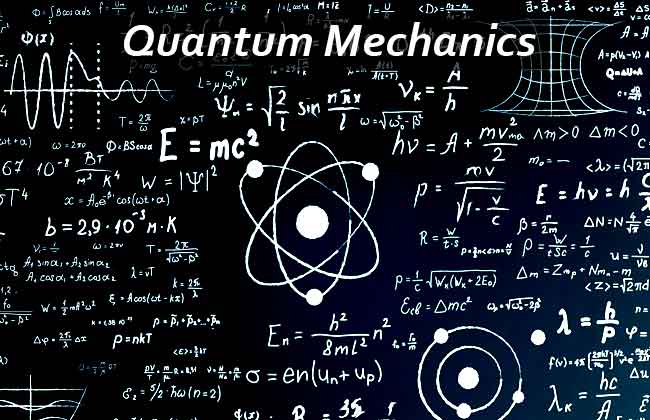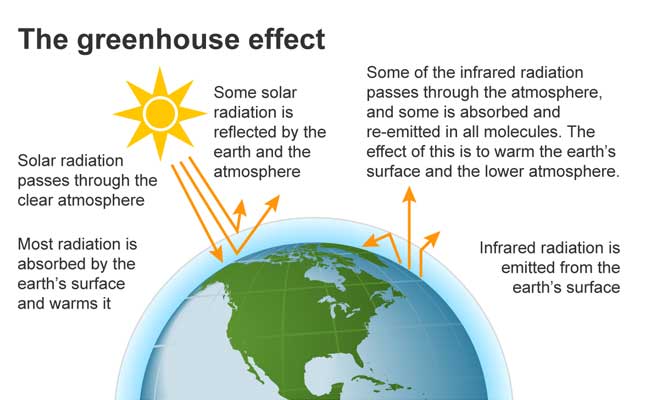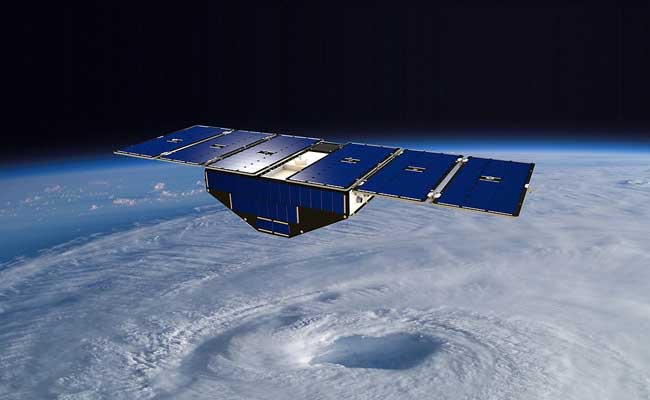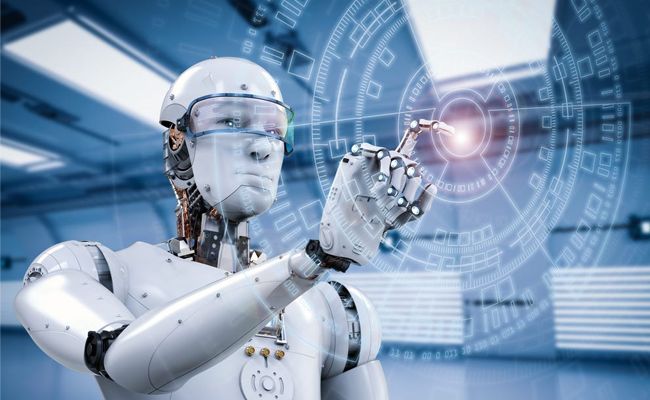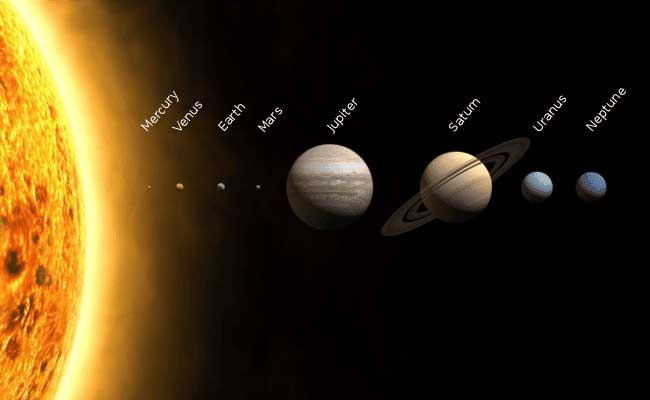Quantum mechanics is a branch of physics that describes the behavior of matter and energy at the atomic and subatomic levels. It is a fundamental theory that underpins many areas of modern science, including chemistry, materials science, and electronics. In this essay, I will explore the key concepts of quantum mechanics, its implications for our understanding of the universe, and its potential applications.
At the heart of quantum mechanics is the concept of the wave-particle duality. This principle states that particles can exhibit both wave-like and particle-like behavior, depending on the circumstances. For example, electrons can behave like particles when they are detected by a measuring device, but they can also exhibit wave-like behavior when they are traveling through space. This duality is reflected in the famous Schrödinger equation, which describes the evolution of a quantum system over time.
Another key concept of quantum mechanics is the uncertainty principle, which states that certain pairs of physical properties, such as position and momentum, cannot both be precisely known at the same time. This principle arises from the wave-like nature of particles and has important implications for our understanding of the behavior of quantum systems.
One of the most fascinating aspects of quantum mechanics is the phenomenon of entanglement. Entanglement occurs when two particles become linked in such a way that the properties of one particle are immediately affected by the properties of the other particle, no matter how far apart they are. This concept has important implications for the development of quantum computing and cryptography.
Quantum mechanics has also led to the development of new technologies, such as lasers, transistors, and MRI machines. These technologies rely on the principles of quantum mechanics to function, and they have had a profound impact on our daily lives. For example, lasers are used in everything from DVD players to medical equipment, while transistors are the basis of modern electronics.
Despite its successes, quantum mechanics is not without its challenges. One of the most significant challenges is the problem of measurement in quantum mechanics. The act of measuring a quantum system can change its state, making it difficult to obtain accurate and precise measurements. This challenge has led to the development of new techniques, such as quantum non-demolition measurements, that allow for measurements to be made without disturbing the system being measured.
Another challenge in quantum mechanics is the problem of interpreting the theory. Unlike classical physics, which is based on a set of intuitive concepts, quantum mechanics is based on abstract mathematical formalism. This has led to a number of different interpretations of the theory, each of which has its own strengths and weaknesses.
Despite these challenges, quantum mechanics remains one of the most successful theories in all of science. It has revolutionized our understanding of the universe and has led to numerous technological breakthroughs. As our understanding of quantum mechanics continues to deepen, it has the potential to lead to even more profound insights and discoveries.
One area of active research in quantum mechanics is the development of quantum computing. Unlike classical computers, which store information in binary digits (bits), quantum computers store information in quantum bits (qubits), which can exist in multiple states simultaneously. This allows quantum computers to perform certain calculations much faster than classical computers, making them well-suited for certain types of problems, such as simulating quantum systems.
Another area of research in quantum mechanics is the development of quantum cryptography. Quantum cryptography uses the principles of quantum mechanics to create secure communication channels that are immune to eavesdropping. This has important implications for the development of secure communication networks and the protection of sensitive information.
Finally, quantum mechanics is also being explored as a way to address some of the biggest challenges facing humanity, such as climate change and energy production. For example, researchers are exploring the use of quantum dots, which are tiny particles that exhibit quantum behavior, as a way to improve the efficiency.
![]()

